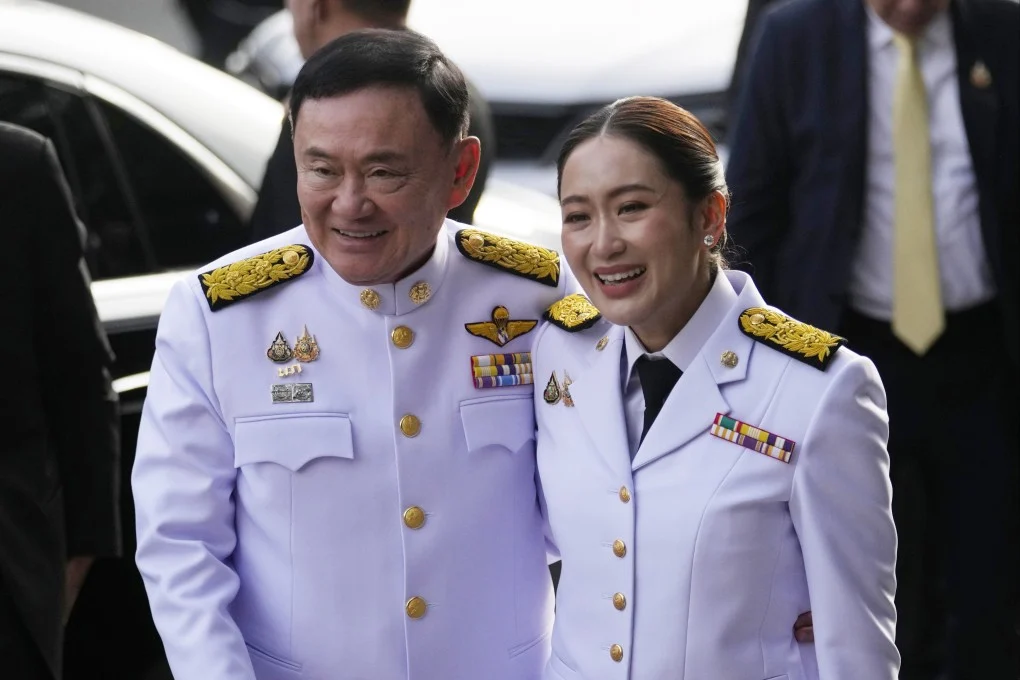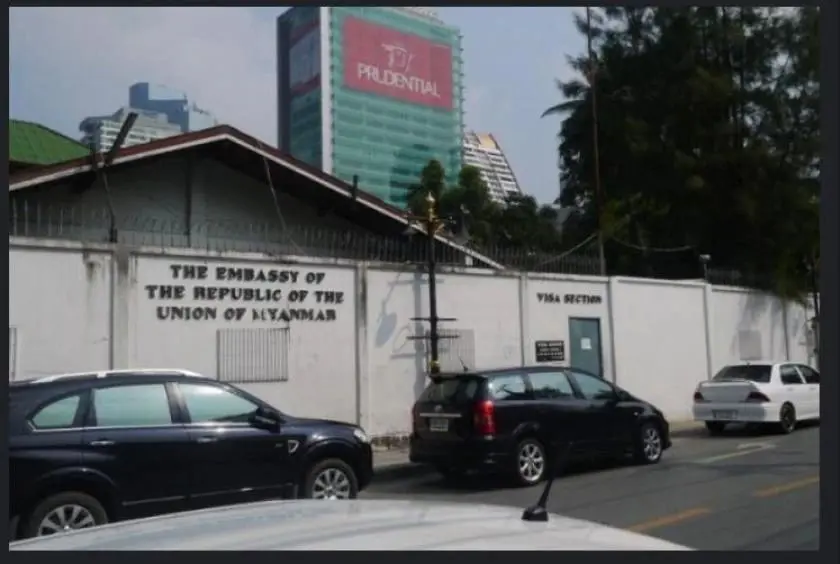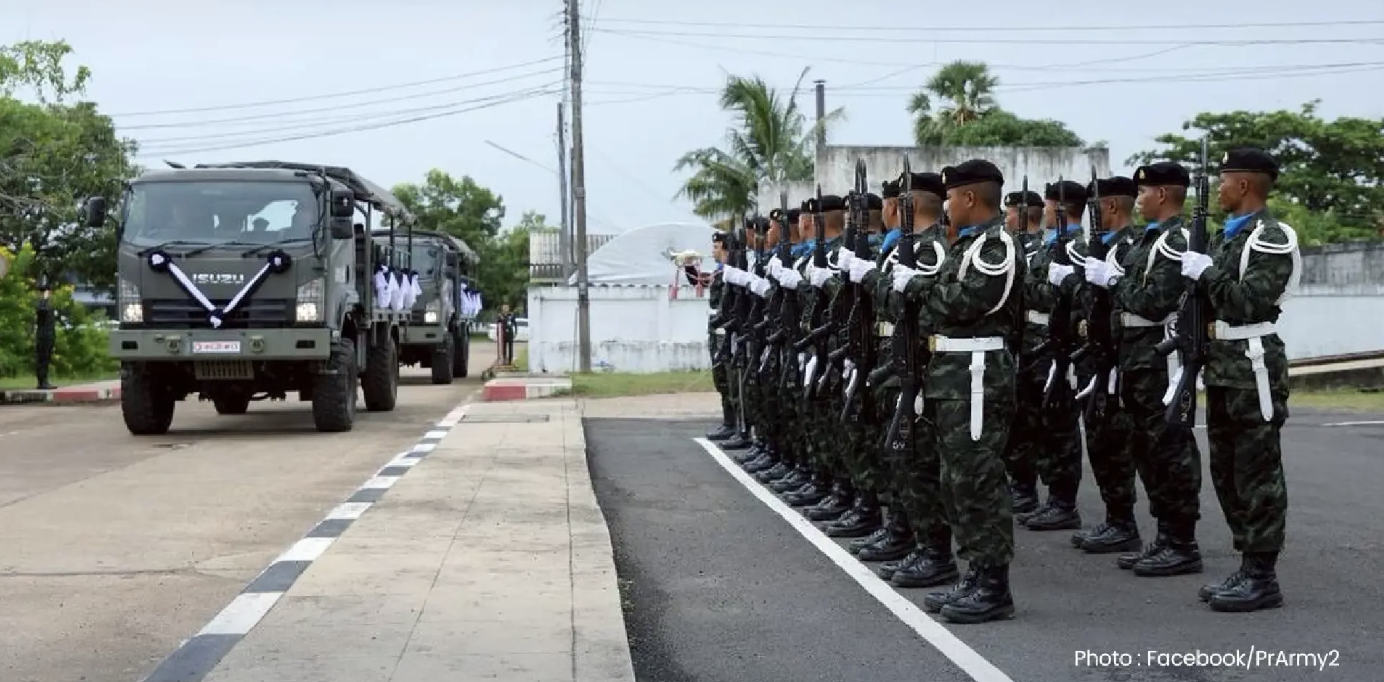Leaked Call Sparks Crisis
Paetongtarn’s Leadership Under Fire
A leaked phone call between Prime Minister Paetongtarn Shinawatra and Cambodia’s influential former leader Hun Sen has plunged Thai politics into chaos. The June 15, 2025, conversation, where Paetongtarn appeared to criticize a Thai military commander, has fueled public outrage and calls for her resignation. The scandal, dubbed the “Hun Sen effect,” has eroded trust in her leadership, with critics questioning her ability to navigate national crises at just 38 years old, making July a pivotal month for her political survival.
Coalition Strains Intensify
Bhumjaithai’s Exit Weakens Government
The conservative Bhumjaithai Party, a key coalition partner, withdrew from Paetongtarn’s Pheu Thai-led government on June 18, citing damage to national dignity. This exit, reducing the coalition’s parliamentary majority to a fragile 255 seats in the 495-member lower house, has heightened instability. Other partners, like the United Thai Nation Party, are reportedly wavering, with potential further defections threatening to force a snap election or a new coalition, challenging Paetongtarn’s grip on power.
Legal Battles Loom Large
Constitutional Court’s Role in Question
Paetongtarn faces intense legal scrutiny, with the Constitutional Court set to review a Senate petition on July 1, alleging ethical breaches from the leaked call. Analysts, including former judge Jaran Pakditanakul, predict a high likelihood of the court accepting the case, potentially suspending her during investigations. The National Anti-Corruption Commission is also probing her conduct, raising the specter of “lawfare” as a tool to oust her, a tactic previously used against the Move Forward Party.
Street Protests Gain Momentum
Opposition Groups Rally Against Shinawatra
Mass demonstrations, led by groups like the People’s Alliance for Democracy and ex-Red Shirt leaders, are planned for late June at Victory Monument in Bangkok. These protests, fueled by the leaked call and long-standing anti-Shinawatra sentiment, aim to pressure Paetongtarn to step down. While unlikely to directly topple her, they amplify public discontent and bolster legal efforts against her, echoing past movements that destabilized Shinawatra-led governments.
Paetongtarn’s Response Strategy
Efforts to Regain Public Trust
In response, Paetongtarn has adopted a tougher stance, ordering crackdowns on call-center scams in the border town of Poipet, a move seen as targeting Hun Sen’s allies. Critics argue she delayed action due to family ties between the Shinawatras and Hun Sen, further damaging her credibility. Her public apologies and meetings with military leaders aim to project unity, but her refusal to resign or dissolve parliament signals a determination to weather the storm, despite dwindling popularity.
Thaksin’s Shadow and Future Scenarios
Family Legacy at a Crossroads
The crisis also casts a shadow over Thaksin Shinawatra, Paetongtarn’s father, whose influence looms large. Facing his own legal battles over a controversial hospital stay, Thaksin’s political legacy is at risk. If Paetongtarn is suspended, Deputy Prime Minister Phumtham Wechayachai may assume interim leadership, with Chaikasem Nitisiri as a potential replacement. However, Pheu Thai’s reluctance to dissolve the House, fearing electoral losses, underscores the high stakes for the Shinawatra dynasty in July 2025.








